18, March 2025
VOA discarded by President Trump like a dirty rag 0
Chinese state media has welcomed Donald Trump’s move to cut public funding for news outlets Voice of America and Radio Free Asia, which have long reported on authoritarian regimes.
The decison affects thousands of employees – some 1,300 staff have been put on paid leave at Voice Of America (VOA) alone since Friday’s executive order.
Critics have called the move a setback for democracy but Beijing’s state newspaper Global Times denounced VOA for its “appalling track record” in reporting on China and said it has “now been discarded by its own government like a dirty rag”.
The White House defended the move, saying it will “ensure that taxpayers are no longer on the hook for radical propaganda”.
Trump’s cuts target the US Agency for Global Media (USAGM), which is supported by Congress and funds the affected news outlets, such as VOA, Radio Free Asia (RFA) and Radio Free Europe.
They have won acclaim and international recognition for their reporting in places where press freedom is severely curtailed or non-existent, from China and Cambodia to Russia and North Korea.
Although authorities in some of these countries block the broadcasts – VOA, for instance, is banned in China – people can listen to them on shortwave radio, or get around the restrictions via VPNs.
RFA has often reported on the crackdown on human rights in Cambodia, whose former authoritarian ruler Hun Sen has hailed the cuts as a “big contribution to eliminating fake news”.
It was also among the first news outlets to report on China’s network of detention centres in Xinjiang, where the authorities are accused of locking up hundreds of thousands of Uyghur Muslims without trial. Beijing denies the claims, saying people willingly attend “re-education camps” which combat “terrorism and religious extremism”. VOA’s reporting on North Korean defectors and the Chinese Communist Party’s alleged cover-up of Covid fatalities has won awards.
VOA, primarily a radio outlet, which also broadcasts in Mandarin, was recognised last year for its podcast on rare protests in 2022 in China against Covid lockdowns.
But China’s Global Times welcomed the cuts, calling VOA a “lie factory”.
“As more Americans begin to break through their information cocoons and see a real world and a multi-dimensional China, the demonising narratives propagated by VOA will ultimately become a laughing stock,” it said in an editorial published on Monday.
Hu Xijin, who was the Global Times’ former editor-in-chief, wrote: “Voice of America has been paralysed! And so has Radio Free Asia, which has been as vicious to China. This is such great news.”
Such responses “would have been easy to predict”, said Valdya Baraputri, a VOA journalist who lost her job over the weekend. She was previously employed by BBC World Service.
“Eliminating VOA, of course, allows channels that are the opposite of accurate and balanced reporting to thrive,” she told the BBC.
The National Press Club, a leading representative group for US journalists, said the order “undermines America’s long-standing commitment to a free and independent press”.
Founded during World War Two in part to counter Nazi propaganda, VOA reaches some 360 million people a week in nearly 50 languages. Over the years it has broadcast in China, North Korea, communist Cuba and the former Soviet Union. It’s also been a helpful tool for many Chinese people to learn English.
VOA’s director Michael Abramowitz said Trump’s order has hobbled VOA while “America’s adversaries, like Iran, China, and Russia, are sinking billions of dollars into creating false narratives to discredit the United States”.
Ms Baraputri, who is from Indonesia but based in Washington DC, first joined VOA in 2018, but her visa was terminated at the end of Trump’s first administration.
She rejoined in 2023 because she wanted to be part of an organisation that “upholds unbiased, factual reporting that is free from government influence”.
Source: BBC


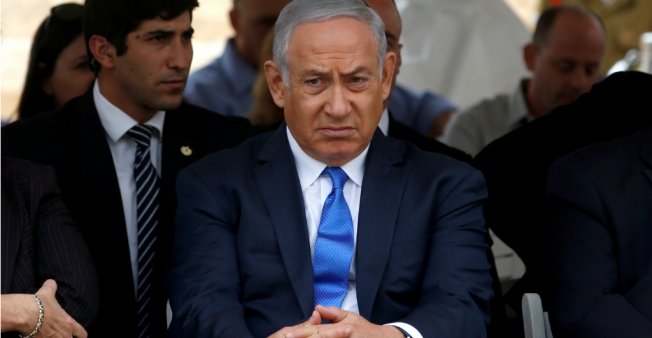
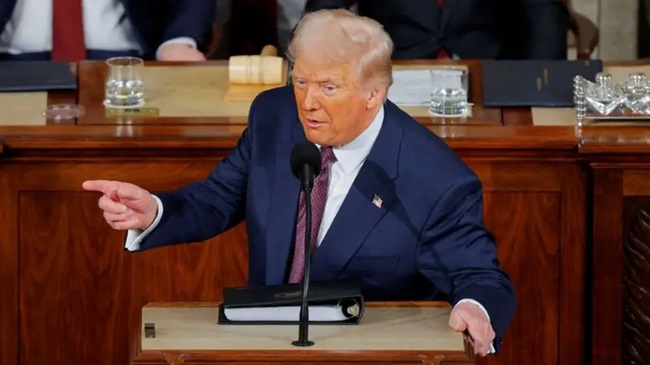



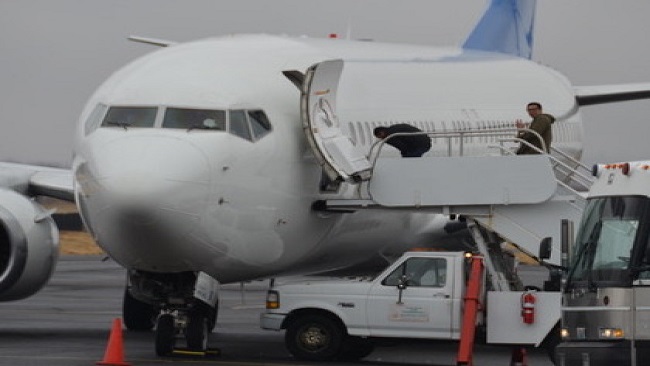











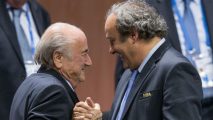



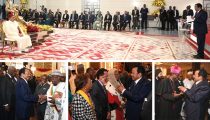
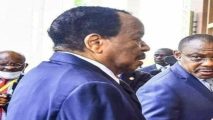

18, March 2025
Death toll soars past 400 as Israel launches massive airstrikes across Gaza 0
The Israeli military has killed at least 412 Palestinians, mostly children and women, throughout the Gaza Strip’s entire expanse during a large-scale violation of Tel Aviv’s ceasefire agreement with the Gaza-based resistance movement Hamas.
Reports said those killed in included at least 77 people in Khan Younis in southern Gaza and at least 20 people in Gaza City in the north.
At least 500 other Palestinians were also injured during the bloodletting, Palestinian news agency Sama reported on Tuesday.
According to the agency, the raids did not spare any part of the already war-battered and mostly devastated coastal sliver, targeting residential structures, schools, and refugee centers.
Reporting on the fresh deadly escalation, Qatar’s Al Jazeera television network reported that explosions had rang out throughout Gaza’s northeastern areas, where the regime’s spy aircraft and warplanes have been engaging in extensive overflight.
The ceasefire took effect in January in the hope of ending the regime’s 15-month-plus war of genocide against Gaza that began after Hamas and its fellow resistance groups from the Palestinian territory launched a historic operation against the occupied Palestinian territories.
The operation saw the fighters venture deep inside the territories, encircling strategic Israeli bases and ensnaring 240 Zionists, including some American-Israelis.
Since initiation of the ceasefire deal, the regime has been routinely violating it besides blocking the entry of vital aid items into Gaza, including foodstuffs, medicine, and water, in an attempt to pressure Hamas into releasing those of the captives, who remained in the group’s captivity, in one batch.
Hamas has released 25 living captives and the remains of eight others in exchange for more than 2,000 Palestinian prisoners during the implementation of the first phase of the deal.
The movement has denounced Tel Aviv’s efforts at sabotaging the agreement, urging that release of the remaining captives is conditioned upon implementation of a second phase.
Earlier, the regime’s Ma’ariv newspaper reported, citing its sources, that Tel Aviv had turned down a proposal for, what it called, “selective release” of the American captives.
The sources said the regime has told the United States that diplomatic efforts towards enabling release of the remaining captives had ended.
They also said the regime’s so-called “security cabinet” had allowed its prime minister Benjamin Netanyahu and minister for military affairs Israel Katz to determine the time for resumption of the genocide.
Netanyahu’s office, meanwhile, alleged that the regime had resumed its military attacks on Gaza after, what it termed as, Hamas’ turning down Washington’s proposals for extension of the ceasefire.
This is while Hamas has been constantly engaging with Qatari and Egyptian mediators towards keeping up the ceasefire, despite the disruptive Israeli efforts.
Source: Presstv